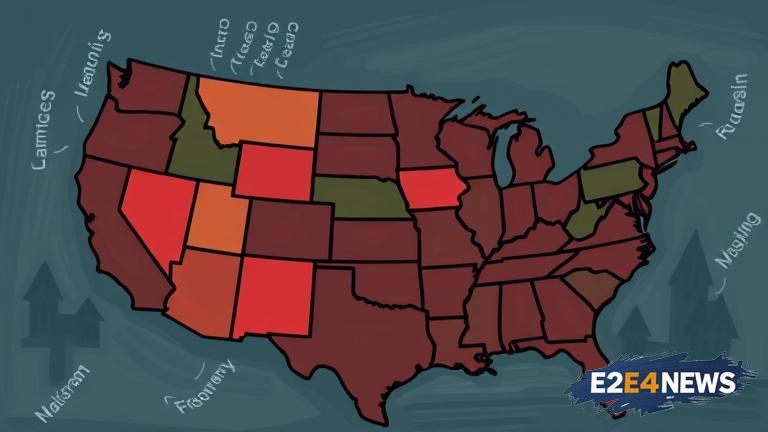The rising cost of energy has become a significant concern for many households in the United States. However, a recent study has found that Black households are disproportionately affected by these increasing costs. The study, which analyzed data from various sources, including the US Energy Information Administration and the US Census Bureau, revealed that Black households spend a larger portion of their income on energy costs compared to white households. This disparity is largely due to the fact that Black households tend to have lower incomes and higher energy burdens, making it more challenging for them to afford basic necessities like electricity and gas. Furthermore, the study found that Black households are more likely to experience energy insecurity, which can have severe consequences on their health, well-being, and overall quality of life. Energy insecurity can lead to reduced access to essential services like heating, cooling, and lighting, making it difficult for households to maintain a safe and healthy living environment. The rising cost of energy is also having a ripple effect on the economy, with many businesses and industries feeling the pinch. The increased cost of energy is leading to higher production costs, which are then passed on to consumers in the form of higher prices for goods and services. This can have a devastating impact on low-income households, which are already struggling to make ends meet. The study’s findings highlight the need for policymakers to take immediate action to address the issue of rising energy costs and their disproportionate impact on Black households. This can include implementing policies like energy assistance programs, weatherization initiatives, and renewable energy projects that can help reduce energy costs and promote energy efficiency. Additionally, policymakers can work to address the root causes of energy insecurity, such as poverty and lack of access to affordable housing. The private sector also has a role to play in addressing this issue, by investing in energy-efficient technologies and providing affordable energy solutions to low-income households. Community-based organizations and advocacy groups can also work to raise awareness about the issue of energy insecurity and provide support to households that are struggling to pay their energy bills. The study’s findings are a wake-up call for policymakers, businesses, and individuals to take action to address the issue of rising energy costs and their disproportionate impact on Black households. It is essential to recognize that energy insecurity is not just an economic issue, but also a social justice issue that requires a comprehensive and multifaceted approach. By working together, we can create a more equitable and sustainable energy system that benefits all households, regardless of their income or background. The issue of rising energy costs is complex and multifaceted, and it will require a sustained effort to address it. However, by prioritizing the needs of Black households and other low-income communities, we can create a more just and equitable society. The study’s findings are a reminder that energy policy is not just about economics, but also about people’s lives and well-being. As the US continues to grapple with the challenges of rising energy costs, it is essential to prioritize the needs of vulnerable households and work towards creating a more sustainable and equitable energy system. The impact of rising energy costs on Black households is a pressing concern that requires immediate attention and action. By working together, we can create a brighter future for all households, regardless of their background or income level.
